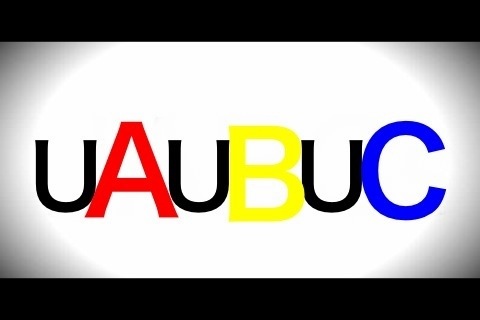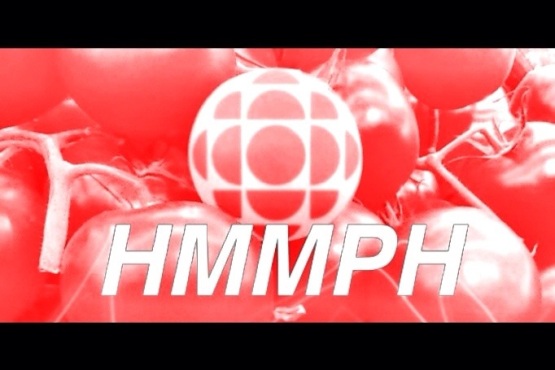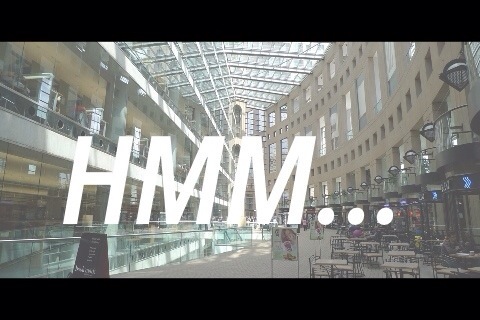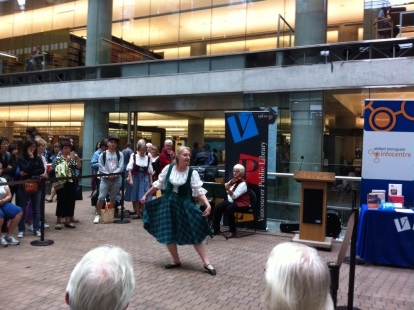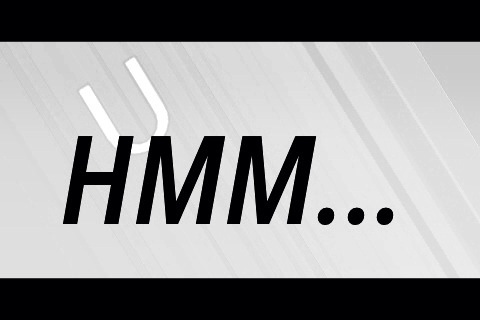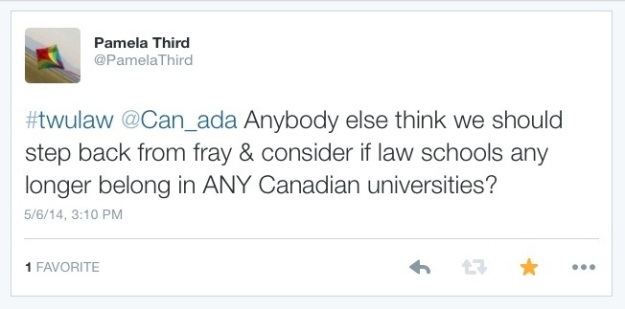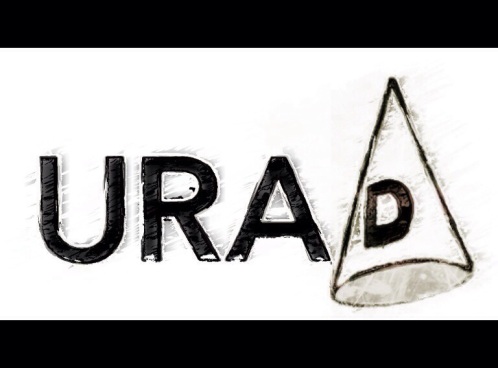Does anyone else find it odd that there has been so much overt controversy surrounding Toronto’s Ontario College of Art and Design since it was granted university status, yet so little surrounding its Vancouver close counterpart, Emily Carr University?
There have been loud complaints from OCAD staff members, alumni, and potential employers of OCAD grads since it was first decided twelve years ago to convert Toronto’s venerable old art college into a university. In a Globe and Mail newspaper article published on February 13, it was claimed that OCAD also is now experiencing serious financial problems, a declining enrollment, a relatively low program completion rate among its undergraduate students, and a great deal of internal strife. According to this article, there is even speculation that OCAD University may soon be swallowed by the University of Toronto or merged with George Brown, the downtown community college.
In the same week that the Globe and Mail article was published, it was announced by the BC government that a contract had been signed to begin construction on a new and expanded campus for Emily Carr University, with the BC provincial government investing up to $101.65 million. There hasn’t been any public complaining of which I’m aware about Emily Carr University by staff, alumni, potential employers of graduates, or by BC taxpayers in general, prior to or even after this announcement. (Some students and ex-students have commented negatively, about which I shall say more later.) Indeed, the BC government paints Emily Carr’s current situation, and future prospects, as extremely rosy. But this is not to say that problems don’t exist, and that the expansion and relocation of Emily Carr University may be an even bigger mistake than deciding in the first place, about seven years ago, to follow the OCAD example and turn Emily Carr into a university. It seems quite possible that similar problems now exist at Emily Carr University as those that exist at OCAD University yet, due to several significant differences between Vancouver and Toronto, the problems at Emily Carr are not being openly discussed here in Vancouver.


As a key example, faculty grumblings are less likely in the Vancouver context because there are far fewer good jobs in Vancouver in the arts and cultural sectors than there are in Toronto, so anyone working at Emily Carr now who wants to stay in Vancouver is likely to keep any misgivings they may have to themselves. The same goes for those who don’t work there now but who may wish to work there in the future. From my own experience, I considered Emily Carr a possible employer when I first moved back to Vancouver, my hometown, after doing a Ph.D. in Higher Education at Toronto’s Ontario Institute for Studies in Education. This was around this time that plans were in the works to turn Emily Carr into a university and, despite my concerns, I held back because I thought speaking out could jeopardize my chances of one day working at the school. By now, I’ve given up any hope of ever working at Emily Carr, so I’ll say what I please.
There’s also the issue of Canada’s mainstream media being concentrated in Toronto. For example, the Globe and Mail is officially a national Canadian newspaper, yet it is based in Toronto. Toronto issues naturally get more coverage in this newspaper than Vancouver issues, or issues of special relevance to other Canadian regions. Yes, we have local newspapers here in Vancouver; but, in my view, these newspapers tend to be extremely conservative with respect to most post-secondary education issues. The Internet does provide opportunities for voices other than those directly associated with, or otherwise authorized by, the big media outlets to enter into public debate–including through blogs like this one. On the Internet, I have come across various complaints by students and recent ex-students of Emily Carr University relating to the transition from a college to a university. But, of course, we must ask who is actually listening to these other, non-mainstream, voices–including, for that matter, my own.
Then there’s the issue of weather. Most of Canada, including Toronto, is still being wracked by an uncommonly cold and snowy winter. Yet, here in Vancouver, we’re already bewitched by crocuses and cherry blossoms. Vancouver is such a pretty, pretty, city–especially this time of year. Although I wouldn’t want Toronto’s weather, especially this winter, at least in that city there is a vigorous public debate about issues such as OCAD University–and, occasionally, the debate even leads to positive change.
* * * * * * * * *
As my Twitter followers already may be aware, the basic reason I haven’t published any new material here in recent months is that my mother had a major health crisis shortly after I published my last blog post, back in November, that put her in hospital for six weeks. Besides dealing with Mum’s health problems, both during her hospital stay and since she returned home (I live with her), I’ve been dealing with strong division among family members about what is best for Mum. That’s all I can say about these issues here, other than to point out that they have preoccupied me in recent months, so that the only writing I’ve done during this period, apart from a few Tweets, has been emails to family members. It’s wonderful to have a subject sufficiently engage me that I can get away from family problems for a few hours. Also, Mum is by now almost back to her old self.



